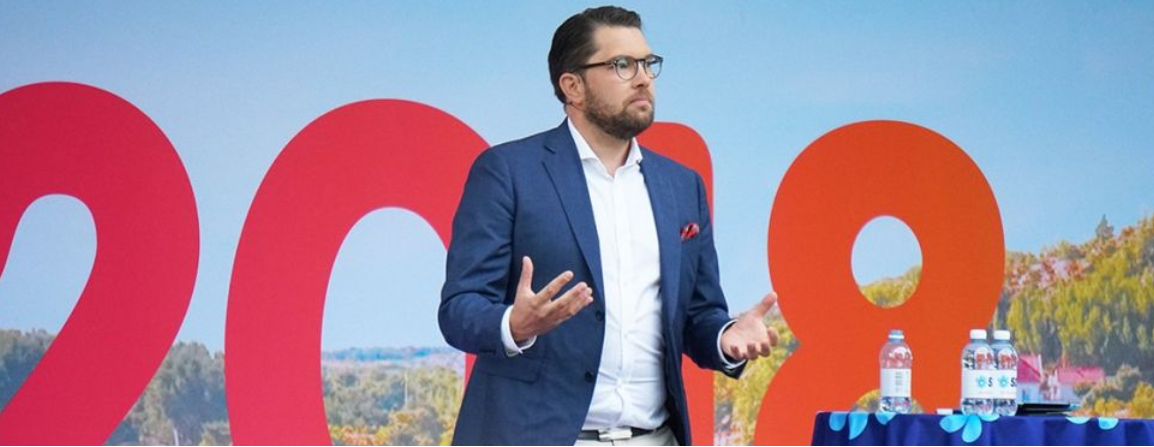The Aftonbladet reported on 3 September that mainstream parties do not exclude cooperation with a new anti-immigrant party. The SD’s rise has coincided with the collapse of the Social Democrats, who are polling less than 25 percent of the vote, their lowest total ever.
It was the left-wing newspaper Aftonbladet, which, with the help of opinion poll company Inizio, surveyed the mood among civilian Alliance voters. They asked voters if they could think of a establishment government with clear support from SD after the election.
More than every fourth elector is in this year’s election over 65 years. Thus, the country’s retirees are a power factor that the parties must listen to. Moreover, recent polls showed that around half of all Swedish voters have no faith in the future.
The outgoing red-green bloc – made up of the governing Social Democrats and the Greens – is leading in the polls ahead of the centre-right Alliance. Despite some ideological differences, notably on immigration, the four centre-right Alliance parties have however agreed to build a coalition government. They include the Moderates, Centre, Liberals and Christian Democrats.
While the Moderate voters have a share of 64 percent who can definitely think of an establishment government supported by the SD, the corresponding figure for the Center voters was only 8 percent.
The voters of the Christian Democrats were even more open to working with the SD than the moderate voters. Among the CD voters, some 72 percent want to govern with the support of SD or even interact with the party. Among liberal voters, 25 percent want a government with SD support.
The very different numbers of the respective party’s voters obviously reflect the deep divide that exists within the Alliance when it comes primarily to issues related to immigration policy.
“This really reflects the split and explosive force within the alliance,” says Karin Nelson, Inizio’s opinion manager at Aftonbladet.
“It’s really a dilemma for the parties, because they do not fall in line with their own voters, and the voters also do not know what they get if they vote for the alliance parties,” Nelson added.
But when Ulf Kristersson was interviewed in Aftonbladet after 100 days as a party leader, he was clear that he absolutely wanted no cooperation with the Swedish Democrats after the election. “I will not cooperate, talk, interact or interact with SD,” said Ulf Kristersson to the left-wing newspaper.
The highest representatives of other alliance parties have repeatedly issued a similar refusal. At grassroots level, however, the situation has sometimes been different, in particular where moderate municipal politicians proved willing to talk and interact with the SD.
Too many media consumers in Sweden often think that the attitude of the establishment parties towards the SD forms a solid school of thought for how to co-exist with ever stronger patriotic parties in the European parliament.
However, if you look beyond Sweden’s borders, it is a clear fact that Swedish voters approach the SD differently and that is one of the few remaining exceptions in Europe. Just looking at the political map of Sweden’s Nordic neighbours, is ample evidence of this fact.
In Norway, the corresponding moderates and liberal parties co-operate with the Progress Party, and in Finland, the Finnish Center previously co-operated with the moderates and the True Finns.
The clearest example, however, is from Denmark, where Liberal Conservative Left and Conservatives rule with the support of the Danish People’s Party. There, the tradition of influence by the Danish People’s Party in collaboration with establishment governments is relatively long and started already in 2001.
Other examples are Austria, where Sebastian Kurz has changed the course for his ÖVP party, which is comparable to Sweden’s Moderates. The new policy focus has been the fact that he has approached the current government partner FPÖ, Austria’s equivalent to SD.
















